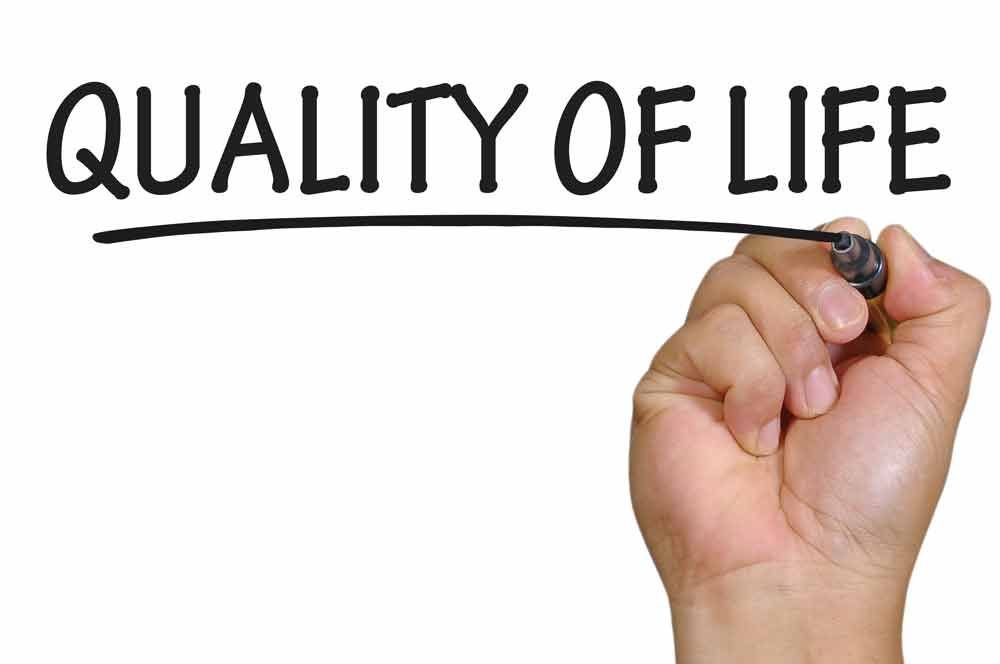Building healthy relationships during recovery is essential for emotional support, stability, and long-term sobriety. Healthy relationships provide encouragement, accountability, and a sense of belonging, which can be crucial in addiction treatment.
1. Focus on Self-Improvement First
Before investing in new relationships, focus on your own recovery and self-improvement. Take the time to understand your needs, set personal goals, and establish a strong foundation for your sobriety. By prioritizing your well-being, you’ll be better equipped to build and maintain healthy relationships.
2. Communicate Openly and Honestly
Open and honest communication is the cornerstone of any healthy relationship. Share your feelings, thoughts, and experiences with your loved ones. Be transparent about your recovery journey and let them know how they can support you. Honest communication fosters trust and deepens connections.
3. Set Healthy Boundaries
Setting healthy boundaries is essential for protecting your well-being and maintaining sobriety. Clearly define your limits and communicate them to your loved ones. Boundaries help prevent codependency, reduce stress, and ensure that your needs are met without compromising your recovery.
4. Surround Yourself with Positive Influences
Surround yourself with people who support your recovery and encourage positive behavior. Seek out friends, family members, and peers who understand your journey and provide a positive influence. Avoid relationships that may trigger cravings or encourage substance use.
5. Practice Active Listening
Active listening involves fully focusing on the speaker, understanding their message, and responding thoughtfully. Practice active listening in your interactions to show empathy and respect. This helps build trust and strengthens your relationships by making others feel heard and valued.
6. Engage in Sober Activities Together
Participate in activities that promote sobriety and well-being with your loved ones. This can include exercising, attending support group meetings, volunteering, or exploring new hobbies. Engaging in sober activities together helps build positive memories and reinforces healthy behavior.
7. Seek Professional Help for Relationship Issues
If you encounter challenges in your relationships, seeking professional help can be beneficial. Therapists and counselors can provide guidance and support to address underlying issues, improve communication, and develop healthier relationship dynamics. Family therapy can also help repair and strengthen relationships affected by addiction.
8. Be Patient and Compassionate
Recovery is a continuous journey, and building healthy relationships takes time. Be patient with yourself and others as you navigate this process. Practice compassion and understanding, recognizing that everyone is doing their best. Forgive past mistakes and focus on building a positive future together.
Integrating these tips into your daily life can help you build and maintain healthy relationships during recovery.
1. Make a Plan
Create a plan that incorporates these tips into your daily interactions and activities. Outline specific actions you’ll take to build and strengthen your relationships. Having a clear plan provides direction and keeps you focused on your goals.
2. Stay Consistent
Consistency is key to making these tips effective. Regularly practice open communication, active listening, and setting boundaries. Consistent effort helps establish healthy habits and strengthens your relationships over time.
3. Reflect and Adjust
Regularly reflect on your relationships and assess their health and effectiveness. Make adjustments as needed to ensure that your relationships remain positive and supportive. Continuous self-awareness and adaptability are crucial for maintaining healthy connections.
4. Seek Feedback
Ask for feedback from your loved ones about your interactions and relationship dynamics. They can offer valuable insights and suggestions for improvement. Open communication enhances your relationships and ensures they remain strong and effective.
5. Prioritize Self-Care
Prioritize self-care to maintain your physical and mental health. Taking care of yourself ensures you have the energy and resilience to engage in healthy relationships. Self-care activities can include exercise, mindfulness, hobbies, and relaxation.



